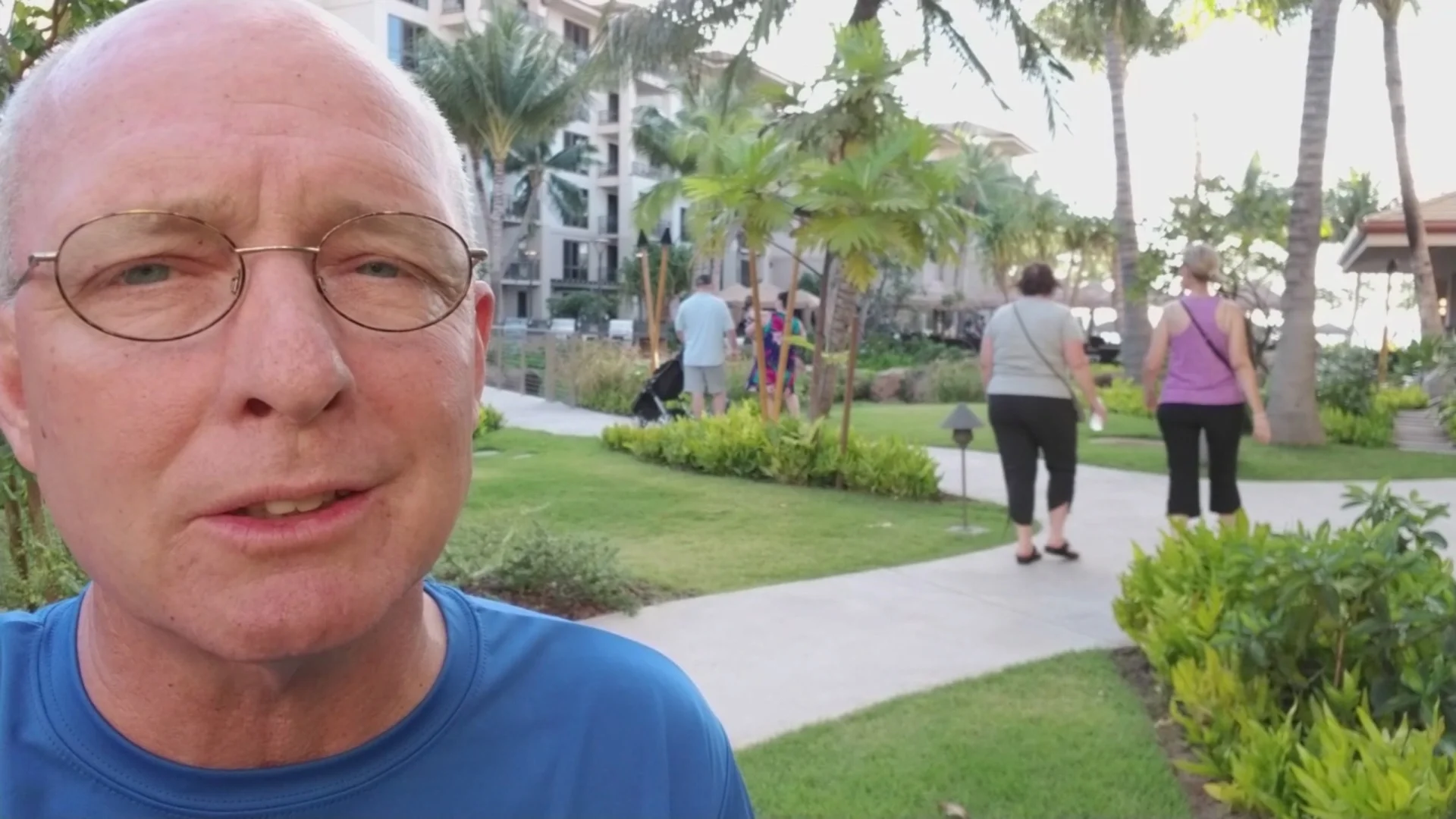In John chapter 5 verse 17, Jesus responds to the Jewish religious leaders who have determined that He deserves the death penalty because He healed a man on the Sabbath Day. And He does so by making two things clear. One, that He is the Son of God. And two, that He was only doing what His Father has been and continues doing: working.
Yes, Genesis, the first book of the Bible, tells us that God rested on the seventh day. And no, Jesus wasn’t undermining the example God was setting by that or the commands and vital principals of Sabbath-keeping. But He was stating the obvious: that on the seventh day, God rested from His creation work, but not from being the God whose ongoing activity sustains all things.
In other words, Jesus was reminding them that the throne of God is not a lounge chair.
And in doing so, He was silencing the lie that God is somehow disconnected, unconcerned, or uninvolved with us. Contrary to those who imagine God like a divine watch-maker who wound up His creation, let it go, and then moved on to another project, Jesus was describing God as intensely engaged with His universe. And it’s clear from the context, that He meant for us to understand that God never ceases to be interested in, involved with, and engaged with us.
Now, behind me is a construction project. New homes are being built in my neighborhood. But as you can see the construction workers have all gone home after putting in their day's labor.
God is not like that. He's never off the job.
Now I know, because I’m a target of the Devil’s lies just like you, that we can frequently be subjected to the temptation to feel like God has abandoned us or at least has temporarily lost interest in what we’re facing or going through. But that is not the truth, and that’s exactly why John 5:17 is so important to hang onto.
Our Savior stood up in the face of the murderous persecution of the Scribes and Pharisees to emphatically declare that no matter what, He is continually and purposefully working on our behalf. Let's allow that assurance to dispel every shadow of doubt about our Savior's presence and engagement with us today.












